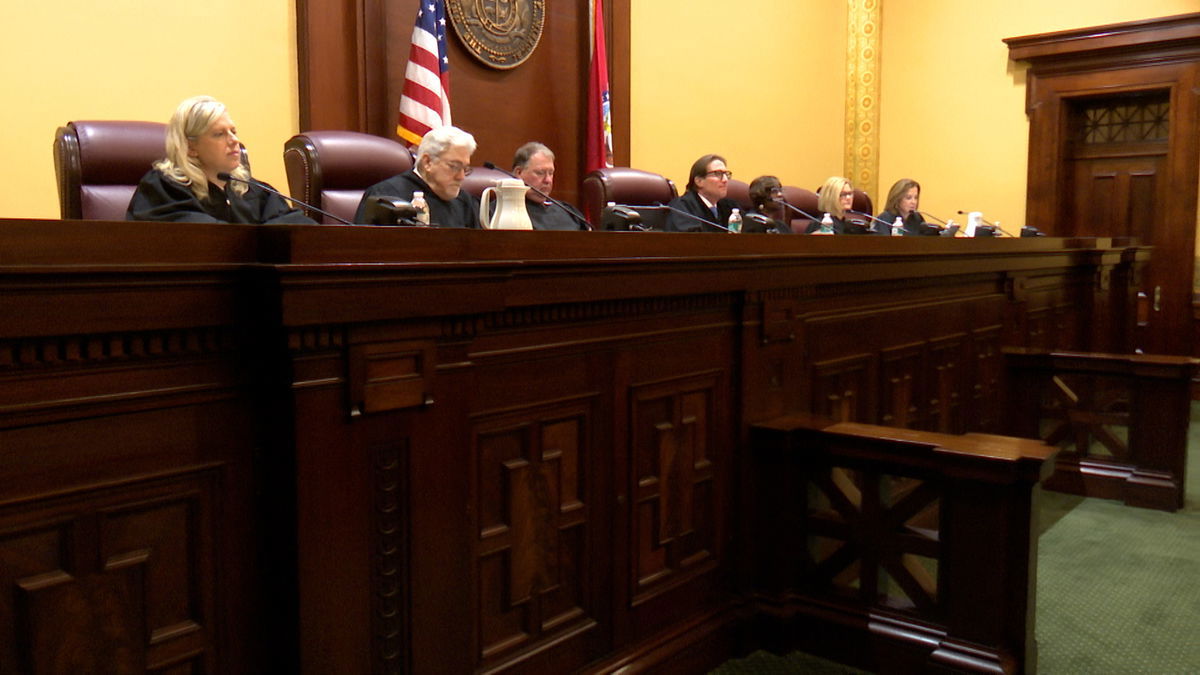**Thousands Protest in the Philippines Demanding Swift Justice in Massive Corruption Scandal**
*Manila, Philippines* — Thousands of demonstrators, including members of the Roman Catholic clergy, took to the streets across the Philippines on Sunday, demanding the swift prosecution of top legislators and officials implicated in a widespread corruption scandal. The scandal has severely rocked the Asian democracy, centered around substandard, defective, or non-existent flood control projects.
Left-wing groups also held a separate protest at Manila’s main park, presenting a blunt demand: all implicated government officials must immediately resign and face prosecution.
### President Marcos Faces Growing Public Outrage
President Ferdinand Marcos Jr. has been scrambling to quell the mounting public outrage. The corruption scandal is blamed for numerous failed flood control projects across the archipelago—an area long vulnerable to deadly flooding and extreme tropical weather.
To manage the protests, over 17,000 police officers were deployed throughout metropolitan Manila. The Malacañang presidential palace complex was placed on security lockdown, with key access roads and bridges blocked by anti-riot police forces, trucks, and barbed wire.
### Calls for Military Intervention Rejected
In a deeply divided democracy where two presidents have been ousted over allegations of plunder in the past 39 years, there have been isolated calls for the military to withdraw support from the Marcos administration.
However, the Armed Forces of the Philippines firmly rejected these calls. On Sunday, the military welcomed a statement signed by at least 88 mostly retired generals—including three former chiefs of staff—condemning any proposal for unconstitutional military action.
The military declared, “The unified voice of our retired and active leaders reaffirms that the Armed Forces of the Philippines remains a pillar of stability and a steadfast guardian of democracy.”
### Catholic Church Leads Anti-Corruption Protests
Roman Catholic churches nationwide helped lead Sunday’s anti-corruption protests in their neighborhoods. The main rally was held at a pro-democracy “people power” monument along Manila’s EDSA highway.
Police estimated that about 5,000 demonstrators, mostly clad in white, had gathered before noon. Their demands were clear: imprison members of Congress, government officials, and construction company owners responsible for thousands of anomalous flood control projects, and order them to return stolen government funds.
One protester wore a shirt emblazoned with the message: “No mercy for the greedy.” The Rev. Flavie Villanueva, a Catholic priest who has supported families of impoverished drug suspects killed under former President Rodrigo Duterte’s crackdowns, addressed the crowd:
“If money is stolen, that’s a crime, but if dignity and lives are taken away, these are sins against fellow human beings, against the country, but most importantly, against God. Jail all the corrupt and jail all the killers.”
### Progress and Promises in the Corruption Case
Since President Marcos first raised alarm about the flood control anomalies during his State of the Nation Address in July, at least seven public works officers have been jailed on charges such as illegal use of public funds and graft related to a single flood control project.
Executives from Sunwest Corporation, one of the construction firms involved, are actively being sought by authorities.
On Friday, Henry Alcantara, a former government engineer who admitted under oath to involvement in the anomalies during Senate inquiry hearings, returned 110 million pesos (approximately $1.9 million) in kickbacks. He has pledged to return additional amounts in the coming weeks.
To date, authorities have frozen about 12 billion pesos ($206 million) worth of assets linked to suspects in the flood control anomalies, according to President Marcos.
### Marcos Vows Accountability
President Marcos has pledged that many of the at least 37 powerful senators, members of Congress, and wealthy construction executives implicated in the scandal will be behind bars by Christmas.
However, protesters at Sunday’s rallies insisted that many more officials—including implicated senators and House members—should be jailed immediately and ordered to return the funds they misappropriated to finance fleets of private jets, luxury cars, mansions, and extravagant lifestyles.
—
*AP journalists Joeal Calupitan and Aaron Favila contributed to this report.*
https://www.npr.org/2025/11/30/nx-s1-5626219/philippines-protest-corruption-stolen-funds
